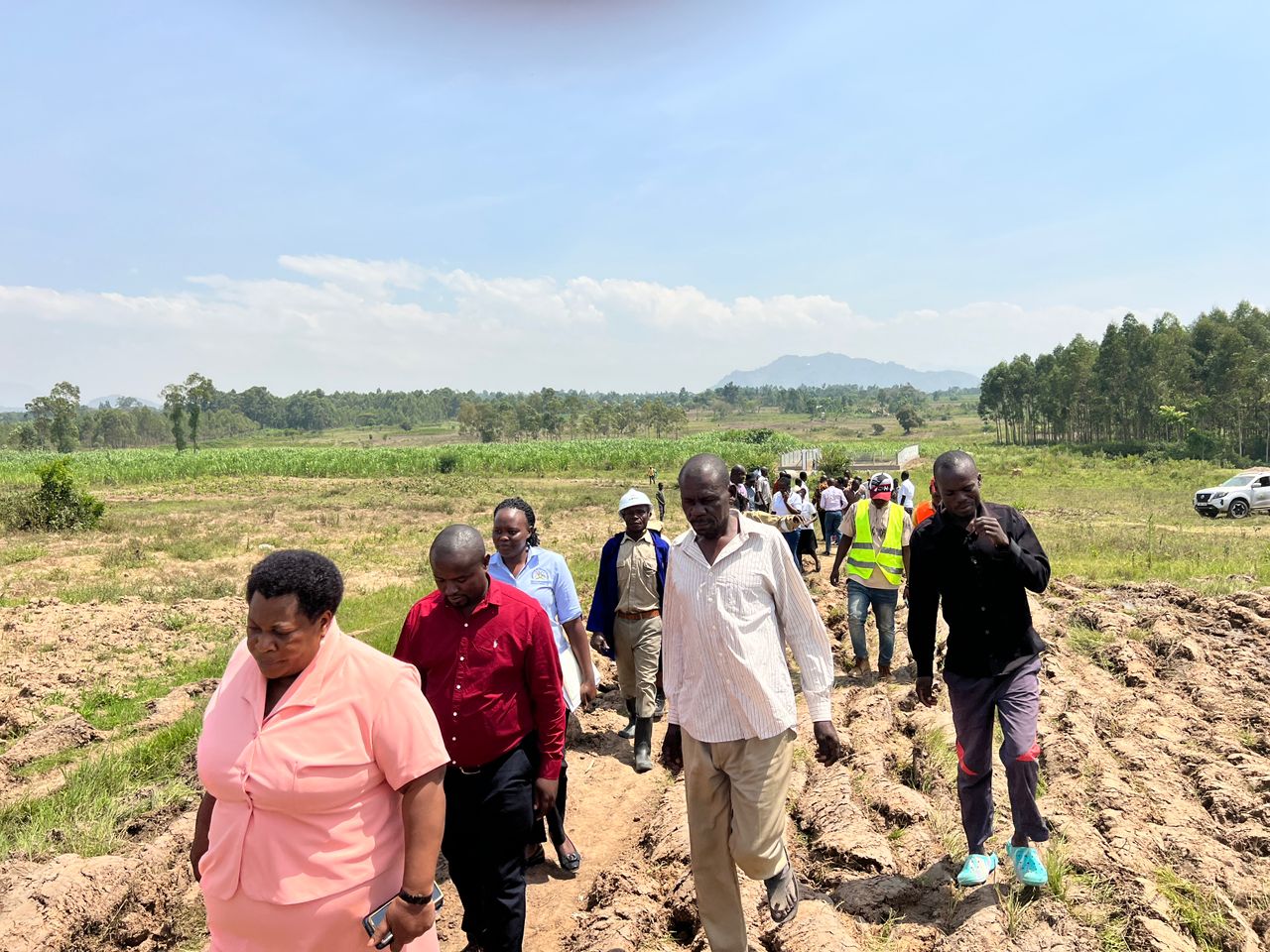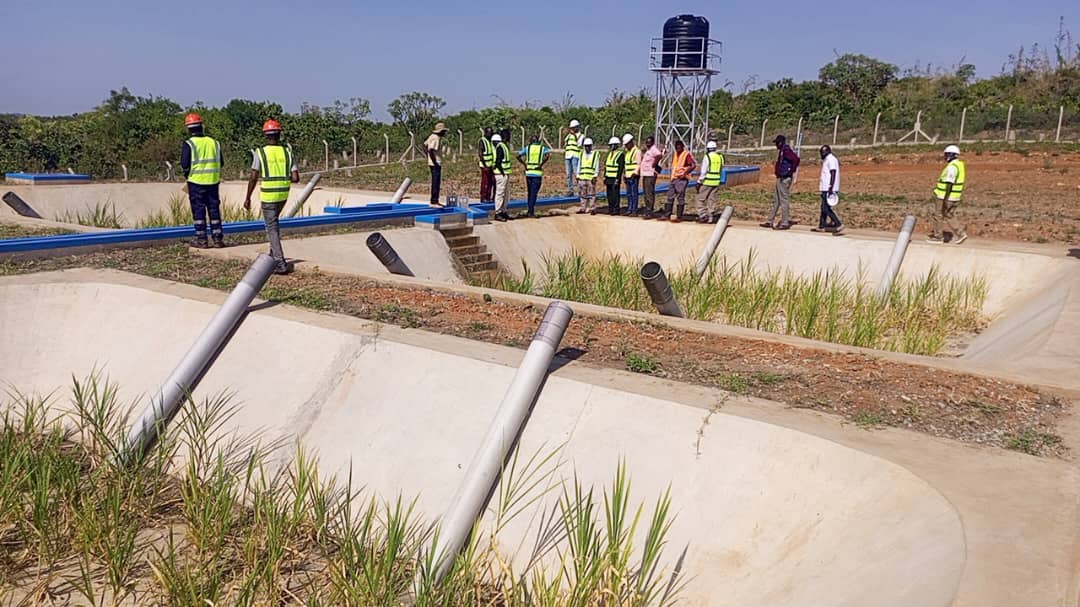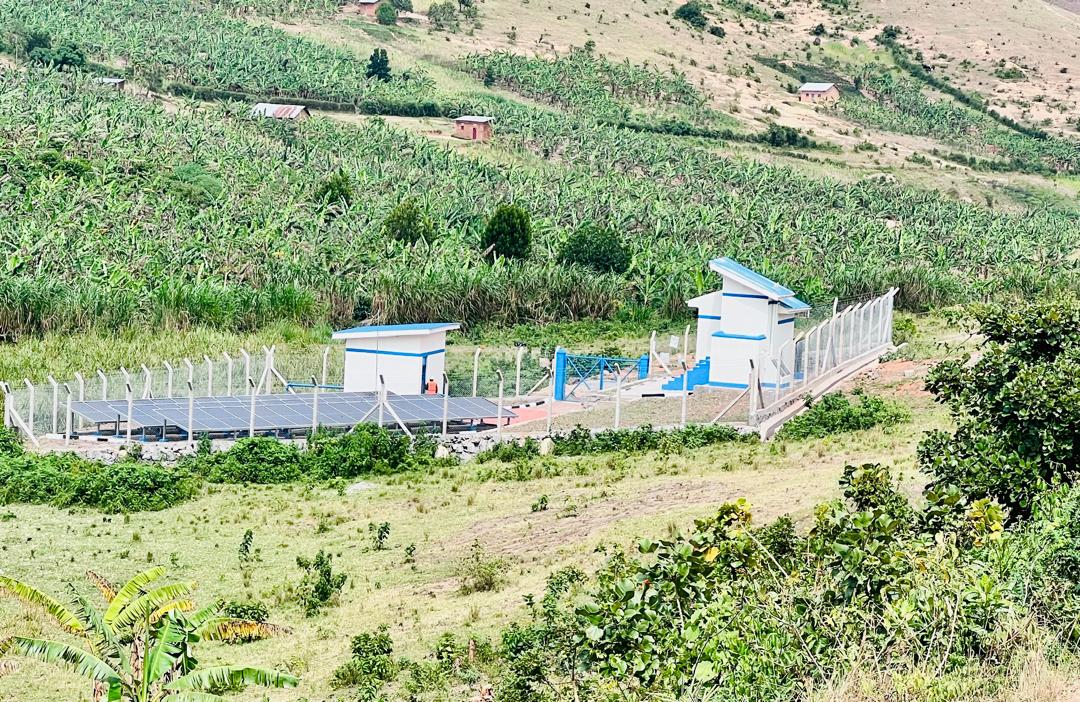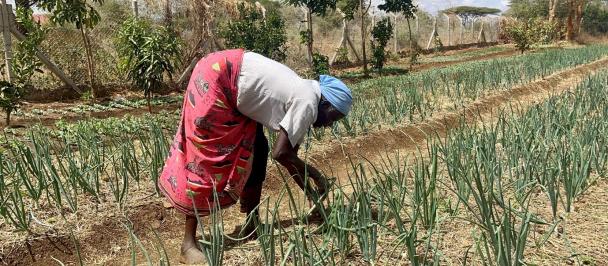
Komorototo farmers see light at the tunnel.
Joseph Otude, a resident of Komorototo village, Kashebai Parish, Butebo sub-county, Butebo
district, carries along memories of himself and his family being engaged in destroying the
Komorototo wetland.
“We have been involved in rice growing for years. Our land is adjacent to the wetland. That
made it easy for us to get involved in the unsustainable use of the Komorototo wetland,” he
said. “Of course, we know it was not the right thing to do. But what did you expect of us? It is the
only sure source of income, communities here know of,” he adds.
His concerns, though genuine, are no longer an issue to worry him and his community
members.
The government of Uganda, through the Ministry of Water and Environment implementing a
resilience-building project that provides answers to most of the concerns Otude and his
community hold. The project is restoring degraded wetlands while providing alternative
livelihood options to people who earn a living through the degradation of wetlands.
Otude and others are, therefore, benefiting from the irrigation scheme established under the
Ministry of Agriculture, Animal Industry and Fisheries (MAAIF). Farmers, including Otude, are
growing cabbage, tomatoes, eggplant, and other high-yielding horticulture crops.
“I started with tomatoes, now I am on cabbage, and the season I will be planting green peppers.
I do crop rotation because it helps address soil fertility issues,” Otude said.
In his first season, Otude invested shs 1.5m in tomatoes and earned shs 5m. His income has
been progressive each season. The scheme is serving 25 farmers, representing 25 households
(approximately, benefiting 175 individuals. Like Otude, Agama Paul is also benefiting from the
scheme. He grows tomatoes mainly.
The proceeds from which he can take care of his 13 children. In his first season, he earned less
because he was just mastering the business. “I harvested only shs 600,000 in my first season.
But I am hopeful that my next harvest will earn me better,” Agama, notes.
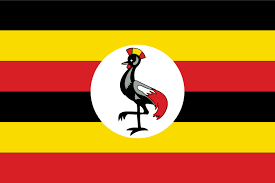 Official Website of the Ministry of Water and Environment
Official Website of the Ministry of Water and Environment

